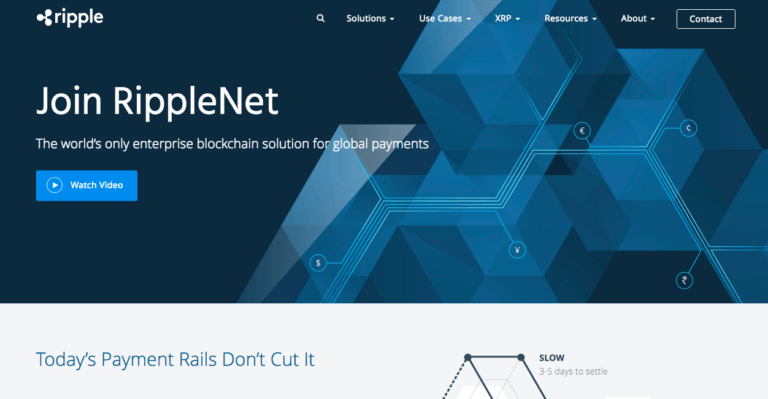On Thursday (13 September 2018), cross-border payment specialist Ripple announced on its website that National Commercial Bank (NCB) of the Kingdom Saudi Arabia (KSA) had become its latest enterprise customer, and joined RippleNet, Ripple’s fast-growing, global network of banks, payment providers, digital asset exchanges, and corporates.
This is a huge win for Ripple as KSA is a major player in the remittance world, with the World Bank’s remittances data “showing that 308 million dollars were sent into the KSA, and 37 billion dollars in remittances were sent from the country in 2016.”
The reason for the very large amount of money flowing out of the country is that it is one of the largest labor markets in the world with an estimated (at the end of 2017) 11 million foreign workers from more than 100 countries. Also, according to Ripple, “both large corporates and small to medium enterprises (SMEs) are responsible for significant payment volume”, with both groups mainly served by domestic financial institutions.
NCB, which was founded in 1953, says that it manages 512 branches across the KSA, has over 3.3 million customers, and is the largest financial asset manager in the Middle East.
NCB’s decision to join RippleNet and become a customer of Ripple’s xCurrent product follows the conclusion of a pilot programme involving KSA’s central bank, the Saudi Arabian Monetary Authority (SAMA), which signed an agreement with Ripple in February 2018 to “help banks in the KSA improve their payments infrastructure using xCurrent.” The purpose of this pilot programme was for participating banks from the KSA to “use xCurrent to instantly settle payments sent into and out of the country, with greater transparency and lower costs.”
Dilip Rao, the Global Head of Infrastructure Innovation at Ripple, had this to say at that time:
“Central banks around the world are leaning into blockchain technology in recognition of how it can transform cross-border payments, resulting in lower barriers to trade and commerce for both corporates and consumers.
SAMA is leading the charge as the first central bank to provide resources to domestic banks that want to enable instant payments using Ripple’s innovative blockchain solution.”
Once NCB goes into production on RippleNet, which is expected to happen by the end of Q4 2018, it will be able to transact with other financial institutions around the world that are already on RippleNet, providing NCB’s customers with faster and more transparent cross-border payment services. NCB will start by connecting to financial institutions in North America and Asia (with Singapore first).
Featured Image Courtesy of Ripple









